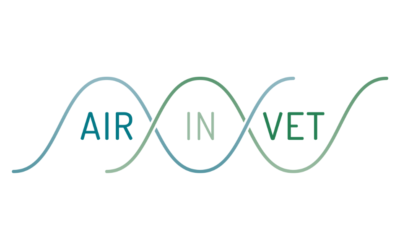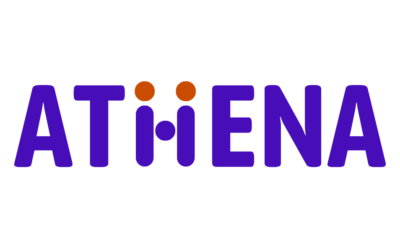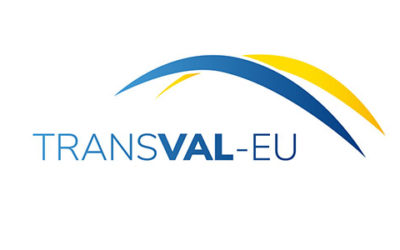Projects
EURASHE develops innovative and hands-on projects in response to the challenges facing European higher education. Our approach is multi-disciplinary, politically independent and combines (applied) research and policy development with concrete initiatives. EURASHE also contributes to projects through consultative, advisory and stakeholder boards.
Are you looking for a partner in one of your projects?
Contact us to discuss how we can collaborate
Ongoing

WIN4SMEs is a ground-breaking planned Erasmus+ COVE project set to redefine the face of workplace innovation in European businesses

AIRinVET aims to drive European economic competitiveness and support the green and digital transition through the promotion of applied innovation and research (AIR) in vocational education and training (VET) for SMEs and industry.

The ATHENA project aims to support the Higher Education sector in becoming more interconnected, innovative and inclusive. The project is funded by Erasmus + and will run for two and a half years. With this meeting, we marked the beginning of a multi-disciplinary effort to create solutions that will provide significant societal benefits.

The Meridies Consortium translates a strong commitment of the HEIs involved with the development of the territory, contributing not only to meet the educational and training needs, but also to retain and attract qualified human resources.



